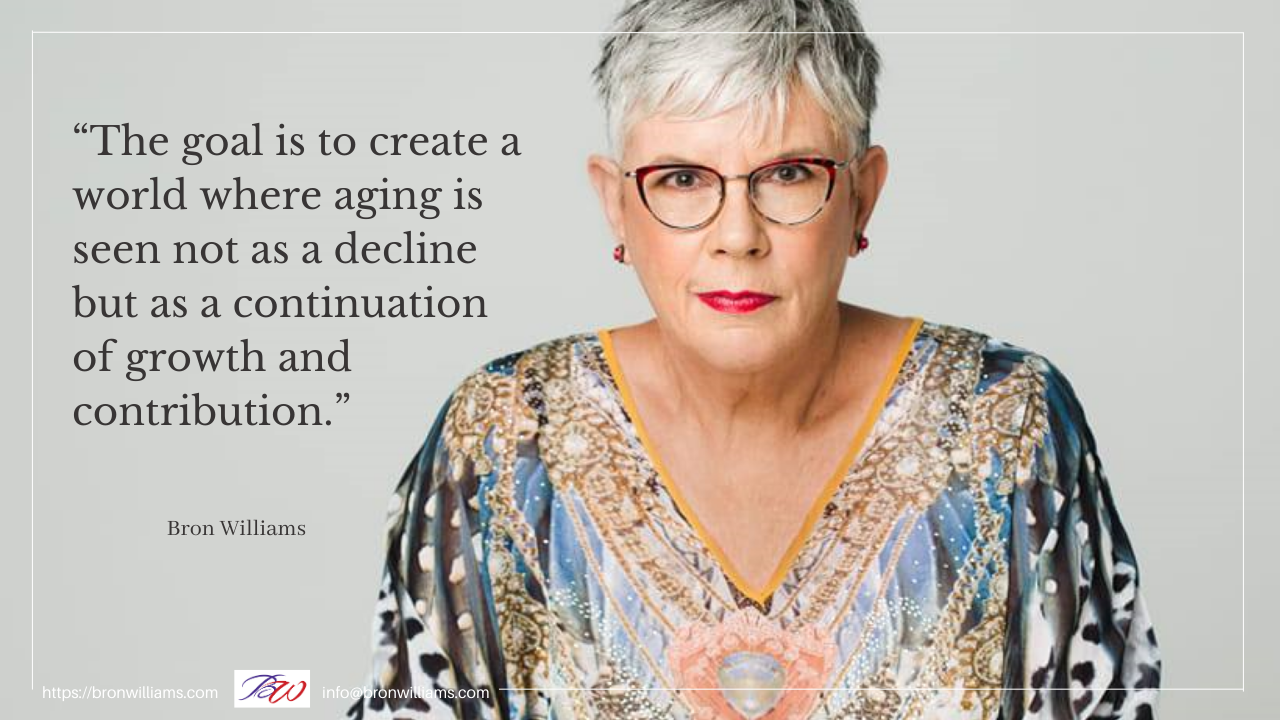Ageism
A Pervasive Bias Across Cultures

Ageism, the prejudice against individuals based on their age, stands out as one of the most prevalent implicit biases worldwide. Over the past fifteen years, extensive research across diverse countries, has consistently highlighted this phenomenon. Interestingly, even in cultures traditionally believed to hold greater respect for the elderly, such as in various Asian societies, ageism persists.
The impetus to analyse data from Asian countries stemmed from a commonly held Western belief: that Asian cultures inherently value and respect their elders more than their American or European counterparts. However, the findings challenge this notion, revealing that ageist attitudes are, unfortunately, a global issue. This uniformity in bias suggests that the stereotypes and negative perceptions of aging are deeply entrenched in human societies.
A particularly intriguing aspect of ageism is the discord between how older individuals are perceived by society and how they perceive themselves. Many older adults often express sentiments like, "I only feel 20 inside," highlighting a significant divergence between their chronological age and their internal self-perception. This dissonance can be quite profound, underscoring a psychological reality that contrasts sharply with societal expectations and stereotypes.
For me, aging presents a challenge to maintain coherence between my self-identity and my physical realities. Given that societal narratives often dictate that aging comes with inevitable decline and diminishment, I’m working to resist this narrative, aiming instead to embrace a more nuanced understanding of aging – seeking consonance, rather than dissociation, in how I see myself at this point in my life.
This journey toward consonance involves acknowledging the dual truths of aging: I can possess a sharp mind while also experiencing physical decline. Statements like "age is only a number" or "you're only as old as you feel" attempt to dismiss the physical realities of aging, often leading to unrealistic expectations and further internal conflict. Instead, embracing the full spectrum of aging involves recognising and accepting that one can have both a vibrant intellect and a body that may not perform as it once did.
This duality doesn’t diminish my value or capability but rather paints a complete picture of the aging experience. It’s about harmonising my vibrant, youthful spirit with the wisdom and limitations that come with age which fosters a more realistic and compassionate view of myself and others as they age.
Combating ageism requires a societal shift in how we view and treat older individuals. It involves dismantling stereotypes that equate aging with obsolescence and recognising the continued contributions and vitality of older adults. This change begins with acknowledging the validity of older individuals' experiences and perceptions, appreciating the richness they bring to our communities.
Ultimately, the goal is to create a world where aging is seen not as a decline but as a continuation of growth and contribution.